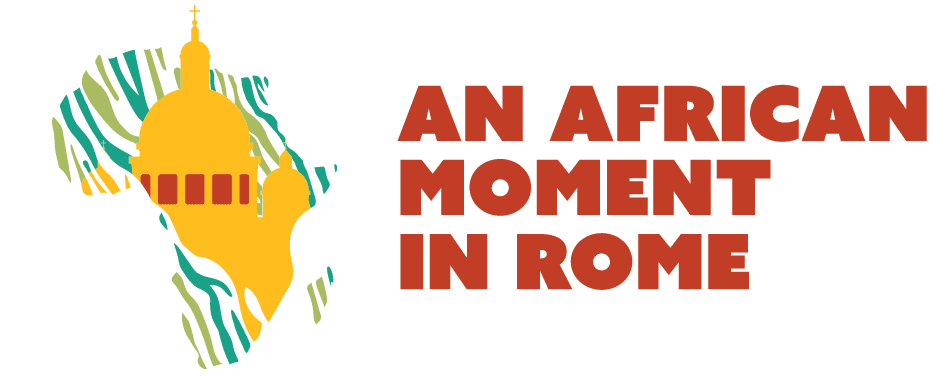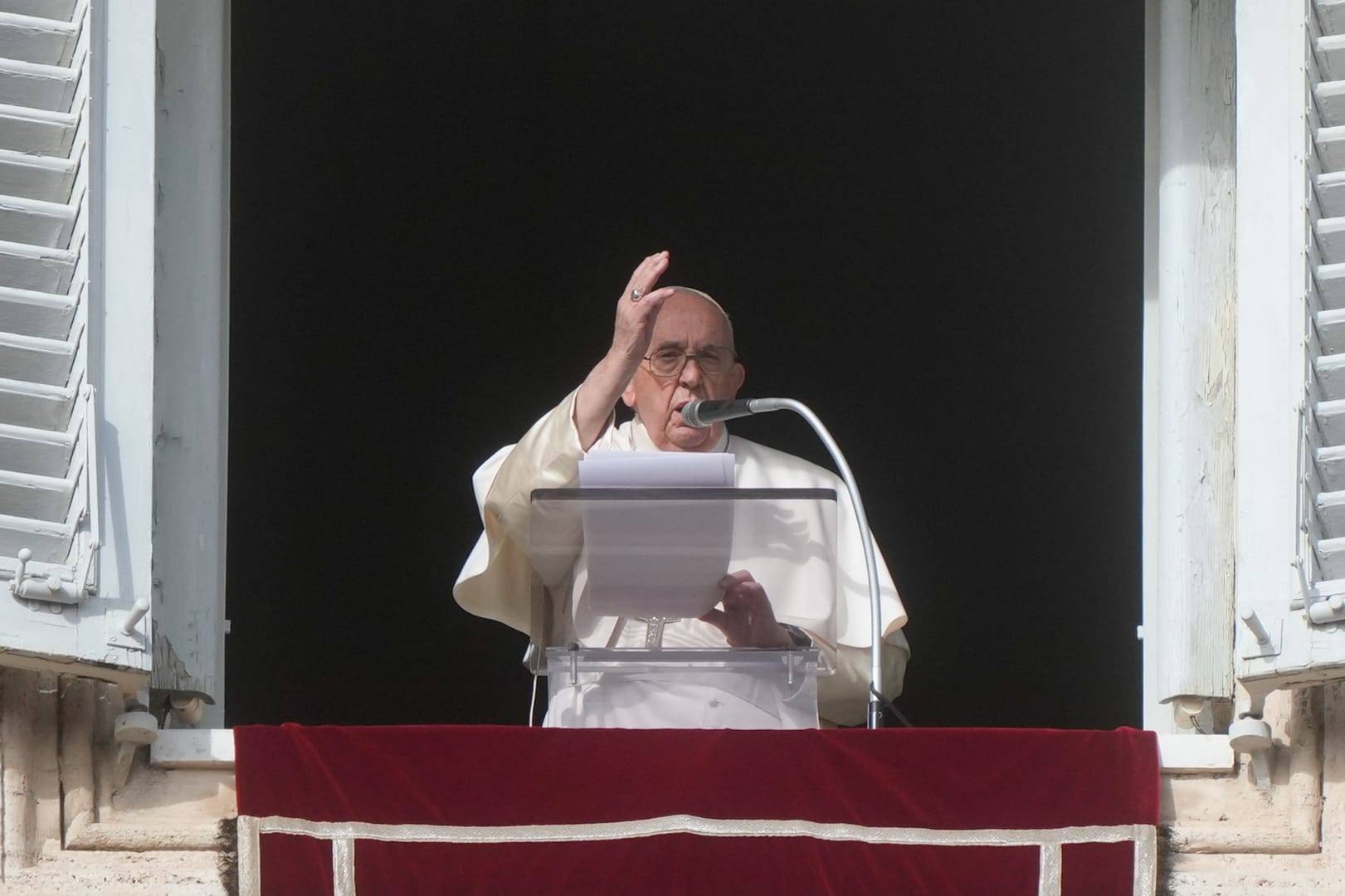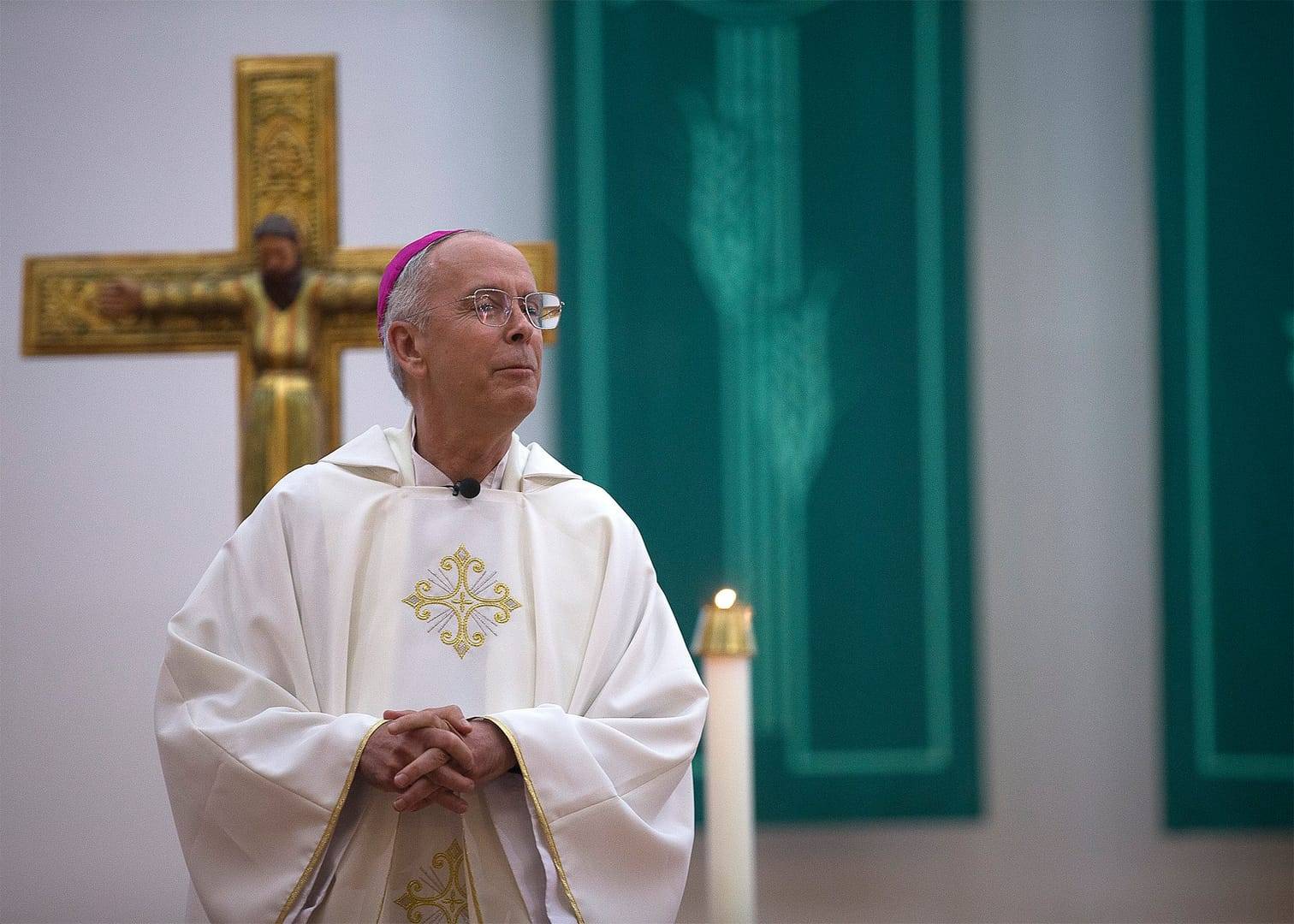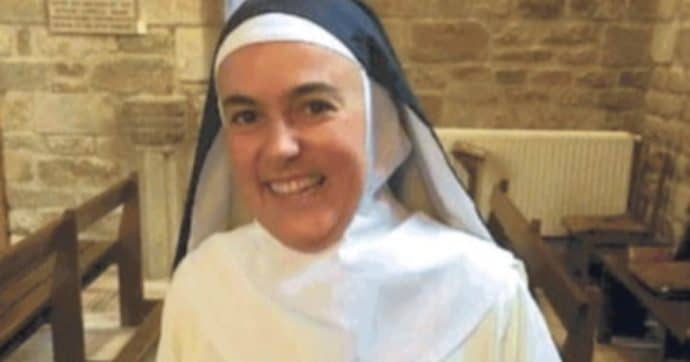 ROME – Reading about it at a distance, it might be tempting to conclude that a March 22-25 summit of African Catholic leaders in Rome is a grim affair devoted to serious business – wars and chronic poverty, the promise and limits of inculturation, the pressures being applied to the Church by both Islam and Pentecostalism, and so on.
ROME – Reading about it at a distance, it might be tempting to conclude that a March 22-25 summit of African Catholic leaders in Rome is a grim affair devoted to serious business – wars and chronic poverty, the promise and limits of inculturation, the pressures being applied to the Church by both Islam and Pentecostalism, and so on.
For sure, there are extremely urgent and sobering issues on the table here. What would be missing from that take-away, however, is the lively African sense of humor.
In truth, this four-day gathering has alternated between having the feel of a high-level academic conference, and seeming occasionally like open-mike night at a comedy club.
The gathering is titled “African Christian Theology: Memories and Mission for the 21st Century,” and is sponsored by the Center for Ethics and Culture at the University of Notre Dame.
Things got off to a rousing start on Wednesday morning, when Cardinal John Onaiyekan of Abuja, Nigeria, opened the conference by reading a letter of greeting from Pope Francis.
Nigeria is basically the Texas of Africa – everything is big, brash, and loud. Nobody incarnates that spirit better than the 73-year-old Onaiyekan, who’s never seen a baby he didn’t want to kiss, a back he didn’t want to slap, or a joke he didn’t want to tell. (Americans: Think Cardinal Timothy Dolan of New York.)
During the opening session, Onaiyekan was dressed in his full cardinal’s regalia, meaning the black cassock with scarlet trim and his scarlet zucchetto.
“I was asked to present the message of the Holy Father,” Onaiyekan told the crowd, “which is why I’m wearing this get-up. I promise, for the rest of the conference you won’t see me in this gown!”
People roared with laughter, as they did after he was finished when Father Paulinus Ozodor, the conference organizer, grabbed the mike to say: “Your Eminence, the changing room is in the back if you’d like to get more comfortable!”
The next day, Bishop Matthew Kukah of Sokoto, Nigeria, chaired a session with several of his fellow prelates, and it was like a cross between a bishops’ conference meeting and the Late Show. He had the crowd in stiches repeatedly.
For instance, and for no clear reason at the time, he told a story about once visiting the Caribbean at the same time the President of Nigeria was on a state visit. Kukah said he was in a cab when they got stuck behind the presidential motorcade, and his cabbie asked what the fuss was about.
“It’s the President of Nigeria,” Kukah said.
“Nigeria? Never heard of it,” the cabbie replied.
“Come on! It’s the largest country in Africa … how can you not have heard of it?” Kukah exclaimed.
“Sorry, man, don’t know it,” he said.
“Have you ever heard of Fela?” Kukah asked. (The reference was to Olufela Olusegun Oludotun Ransome-Kuti, popularly known as Fela, a pioneer of Afrobeat music.)
“Of course, everybody knows Fela,” the cabbie said.
“Well, Nigeria is where he comes from,” Kukah said.
He quoted the cabbie as replying: “Good God! Why didn’t you tell me the president is from Fela’s country??” The room exploded in laughter.
Kukah also told a story about Onaiyekan once serving as the altar server at one of his Masses after he had already become an archbishop, ladling just enough absurd details to the scene to make it especially hilarious.
Off the dais too, a lively sense of humor has run through the four-day session.
On Thursday afternoon, I found myself chatting with Sister Maamalifar Poreku of Ghana, a member of the governing council for the Missionary Sisters of Our Lady of Mercy.
Poreku was talking about the role of women in the African church, saying that in her experience, some clerics may talk a good game about valuing women, but in reality see their functions as largely restricted to distributing communion or cleaning the parish linens, not being involved in making decisions.
I asked her if she’d heard anything at this conference that gave her hope that would change. She paused, lowered her head to fix me with a stare right in the eyes, and then delivered a one-word emphatic response: “No!”
She paused a moment and then burst into raucous laughter, turning what might have been a tense moment into a light one – without, of course, losing the edge of her point.
During coffee breaks, over meals, in hallways and on the streets outside the University of Notre Dame’s Global Gateway center, loud, boisterous, constant laughter has basically provided the summit’s soundtrack.
Back on the stage, Obiageli Nzenwa, a Nigerian lay woman and independent human resources consultant, had been asked to speak on Friday. She began by waving her text and saying, “Unlike my Archbishop, I have my good notes here!”, producing ripples of giggling through the hall.
(Her reference was to Onaiyekan the day before, who basically blew past his prepared text and went largely off the cuff.)
At another point, Nzenwa was ticking off a series of reasons why people may leave the Catholic Church, and one item on her check-list was boring homilies. Apparently struck by the irony that she was speaking before a bank of priests, she looked up and added, “Of course, I’m not talking about you!”
Again, it took a couple minutes before calm could be restored and the talk could resume.
On Friday morning, Archbishop Buti Thlagale was moderating a session devoted to family issues in Africa, and toward the end got frustrated with how long it was running. He took control, quipping, “There’s something about a lectern … you seem to enter into a trance. You get up here, and you can’t let go!”
Throughout the conference, the Crux team has been asking participants to talk about what they see as the distinctive strengths of African Catholicism. Though responses vary, inevitably one thing everyone agrees on is that people are the cornerstone of the African Church – their enthusiasm, their deep faith, and their incredibly good spirit despite frequent hardships.
As Cardinal Laurent Monsengwo of the Democratic Republic of Congo put it, “Catholicism in Africa is very much alive, ‘living’.”
It may not always come across in the text, but a lively sense of humor has been a big part of the subtext of this remarkable gathering.

















